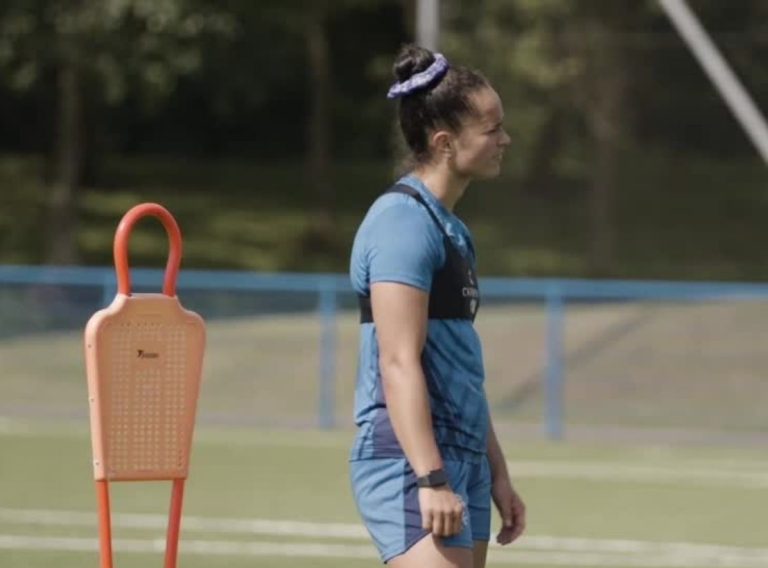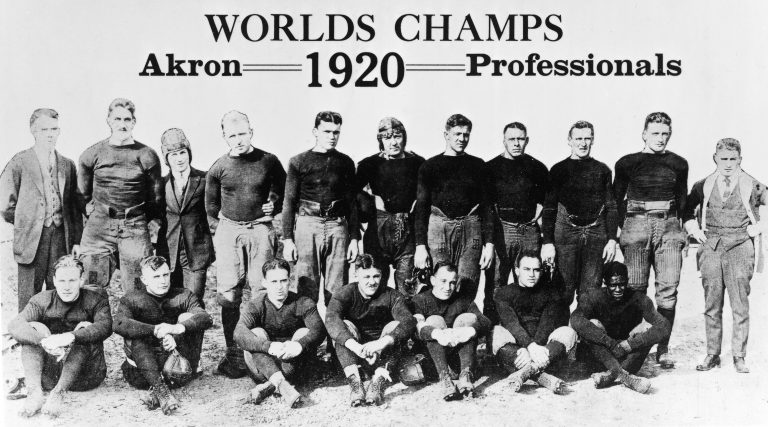PROFILE
A Coach-Athlete Duo Done Well
Track star Jessica Beard talks about coaching dynamics from college to the pros
AMETHYST HOLMES
never miss a play
Get weekly articles on sport culture, relationships, and identity.
DES MOINES — When decorated 400-meter specialist Jessica Beard clocked a personal best time of 50.08 to claim runner-up in a highly-contested race at the 2018 USATF Championships, she had a lot of encouragement coming from the stands and one of those voices belonged to her college coach.
Although Jessica has a full-fledged pro career, Texas A&M assistant coach Vince Anderson continues to support the former Bowerman Award winner which is a testament to how their coach-athlete relationship has bloomed into a friendship that will hopefully stand the test of time.
AIA: You’ve referred to Coach Anderson as your Texas Dad. Have you ever had challenges with communicating and how would you direct an athlete through a wonky period with their coach?
Beard: “I would remind athletes just like anybody else: People cannot read your mind. I used to think my coach could read and understand my body language or my reaction or response to something which is not always true.
It’s important to keep those communication lines open. Be confident enough that you can go to your coach and explain your issues or things that you’re concerned about.”
AIA: What wisdom would you give to young athletes looking to foster a great relationship with their coach as they think about the next steps in their careers?
Beard: “I actually sat down and made a pros and cons list and after making my list, some of the options that I thought I had that seemed so much better we not once I made the list and wrote it out on paper.
It was just about ‘What am I looking for?’ That’s a question I think people should always ask themselves. What do I want to do besides run fast? Everybody wants to run fast or throw far or jump far. I had the mindset of wherever I go, I’m going to do great so what else can this school add to me as far as an athlete and a person?…What is important to you? What are you looking for and can this school provide those things?”
AIA: What would be something that you’re really appreciative of your coach for doing to support you and make you feel known?
Beard: “He took time to learn me personally. He knows how big my faith is so he found a way to integrate wisdom through faith that I could relate to. Since I’m so faith-based I remember once I was so nervous and he was like, ‘Jessica, it’s already been written. God has already determined the outcome. All you can do is execute and do your best. That’s all you can do.’ That gave me this reassurance that I did not have initially because I was so wound up. He found a way to integrate my faith through wisdom that could really reach me as an individual.”
My job is to try to be the best coach I can be, to love them all the best I can and go from there.
AIA: Coach Anderson, how would you characterize your coaching relationship with Jessica?
Anderson: “It’s grown to be very lasting. I just cherish my relationship with her ‘cause I don’t know that many people of character to the extent she has it. As a coach, I’m called to coach my very, very best for every person regardless of circumstance. It’s a side benefit to have people that you coach that you do respect a great deal when you step back out of your coaching shoes.”
AIA: How would you say your coaching style is guided by your faith?
Anderson: “Probably in the regard that you are charged with doing your best for everybody that you’re assigned to. Sometimes circumstances are that [coaches] have selected for their group or recruited someone for their group, but I’ve never had a group that I’ve had full say so over… so you don’t have a full account of who is in your group.
Just like, I guess, in the church, you don’t have a full accounting of the people who are in your flock. Your charge is without judgment to try to reach everybody. If they’re in your group, you’re responsible for their development. My job is to try to be the best coach I can be, to love them all the best I can and go from there.”
AIA: When your athletes leave your tutelage as result of going pro or going elsewhere, what’s that like when you’ve invested so much in them?
Anderson: “It’s a positive thing to me. These athletes are not property. You do not own them. And there’s a lot of coaches that take a proprietary view towards personhood. It’s important not to pass judgment one way or another. You do not own these people. Life takes hold. People get married. They’re not happy with how things are going with you as a coach. They have every right to leave. You cannot take it personally if someone needs to go. If someone is staying to be coached by you, it has to be a decision that they’re making consciously without a string of a whole bunch of personal insecurities being thrown in their way to keep them from making absolutely the best decision they can for themselves.”
AIA: What are some pitfalls you see young or seasoned coaches make in their relationships with athletes? What’s your advice for them?
Anderson: “Coaching isn’t about you. Coaching is about the athlete. I think it’s always a sign of danger when you make any situation about you rather than about the coaching or about the team. It’s never about you. It’s about something way bigger always. And when you start growing personal insecurities into situations, that’s always tenuous ground to stand on.”
READ THE LATEST
Where sport culture, relationships, character, identity, and faith collide.



